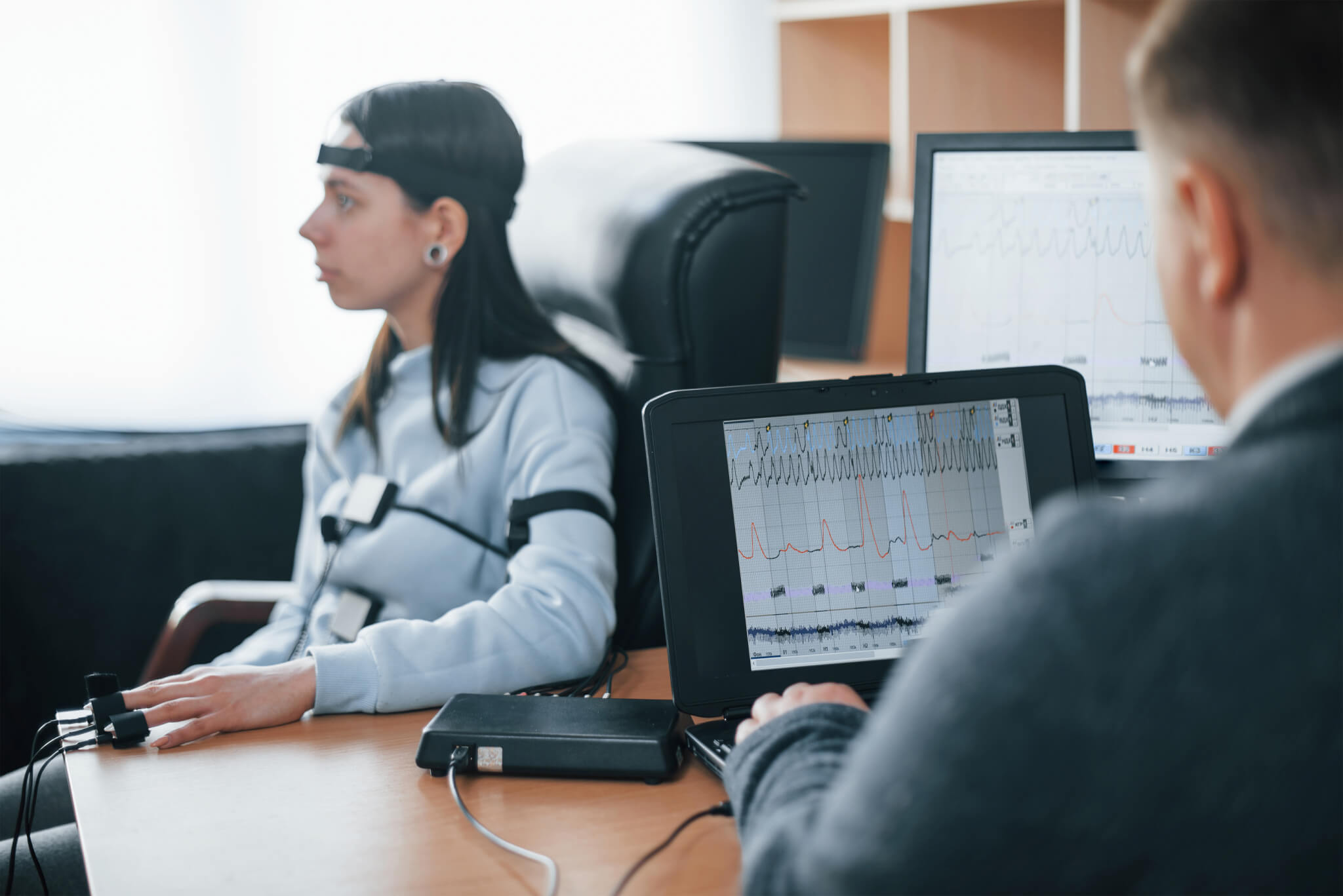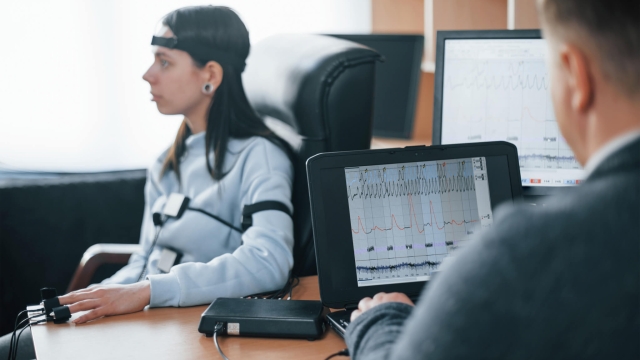
In a world where truth and deception walk hand in hand, the lie detector test has emerged as a powerful tool in unraveling the web of deceit. Also known as a polygraph test, it is designed to detect the physiological changes in an individual’s body when they are being deceptive. This technology has been the subject of fascination and controversy, with its ability to peer into the depths of human honesty and integrity. The lie detector test has become a staple in various settings, from law enforcement interrogations to employment screenings, as society seeks to unmask the truth hidden beneath the surface.
The Science Behind Lie Detector Tests
Lie detector tests, also known as polygraph tests, rely on physiological responses in individuals to detect deception. These tests are based on the principle that when someone is being deceptive, their body experiences certain changes such as increased heart rate, sweating, and blood pressure.
The technology behind lie detector tests consists of sensors attached to the individual undergoing the test. These sensors monitor various physiological indicators like respiratory rate, skin conductivity, and cardiovascular activity. When a relevant question is asked during the test, the sensors detect any fluctuations in these measurements, indicating potential deception.
Despite being widely used, the scientific community has debated the accuracy and reliability of lie detector tests. While some studies suggest that they are effective in detecting deception to some extent, others argue that factors such as anxiety or nervousness can trigger false positives. Nevertheless, lie detector tests continue to be used in various settings, including law enforcement and employment screenings.
Common Misconceptions about Lie Detector Tests
Many people mistakenly believe that lie detector tests are foolproof and can always detect when someone is lying. This misconception leads to the belief that lie detector tests are the ultimate truth-telling tool. However, it’s important to understand that lie detector tests have limitations and are not always accurate.
Another common misconception about lie detector tests is that they work by detecting lies directly. In reality, lie detector tests measure physiological responses in the body, such as changes in heart rate, blood pressure, and sweat levels. These responses can be triggered by a variety of factors, including anxiety, stress, or even excitement, which may not necessarily indicate deception.
Some individuals also believe that passing a lie detector test means they are telling the truth, while failing the test means they are lying. It’s crucial to remember that lie detector tests are not definitive proof of deception. Factors such as the individual’s mental state, the wording of the questions, and the expertise of the examiner can all influence the results of a lie detector test.
Lie detector exam
Real-world Applications of Lie Detector Tests
Lie detector tests are commonly used in the field of law enforcement to aid in criminal investigations. By administering lie detector tests to suspects, investigators can gather additional information, identify inconsistencies in statements, and narrow down potential leads. This application of lie detector tests has been instrumental in helping law enforcement agencies in solving cases and bringing criminals to justice.
Another real-world application of lie detector tests is in the workplace, particularly during the hiring process or when dealing with internal disputes. Some employers choose to use lie detector tests as a tool to verify the honesty and integrity of job applicants or employees in sensitive positions. By utilizing lie detector tests in these scenarios, employers can make more informed decisions and maintain a trustworthy and ethical work environment.
In the field of national security and intelligence, lie detector tests play a crucial role in screening individuals who have access to classified information. Government agencies often use polygraph examinations to ensure that individuals with security clearances are not withholding crucial information or engaging in deceptive practices that could compromise national security. This application of lie detector tests helps safeguard sensitive information and protect the interests of the nation.



